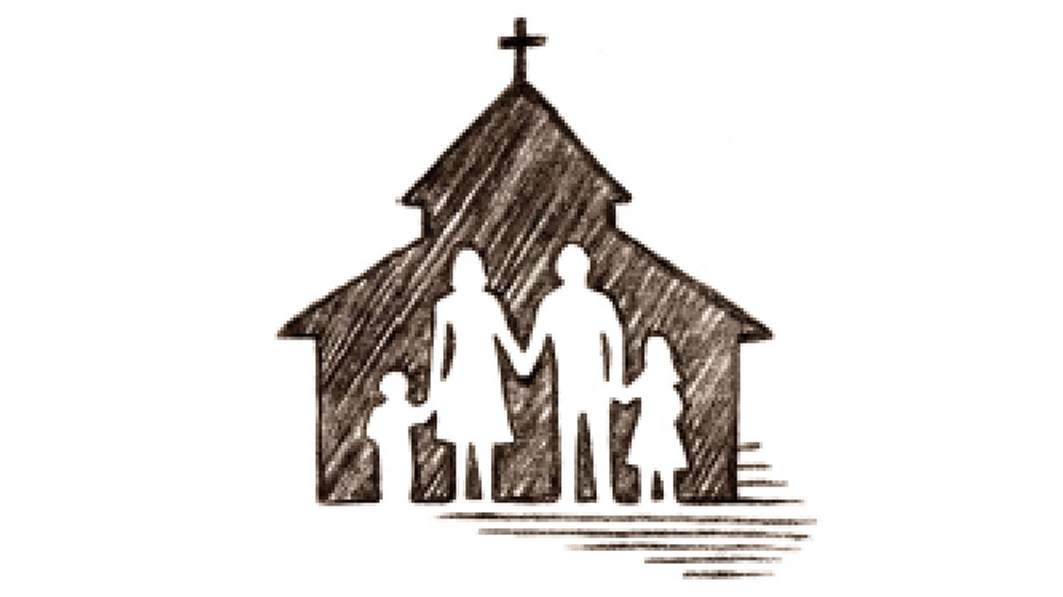Most people believe the First Amendment prevents threats against our religious freedom. However, a 1990 U.S. Supreme Court ruling in Employment Division v. Smith reduced the level of protection historically afforded religious liberty. In 1993, The U.S. Congress passed the Religious Freedom Restoration Act to restore a higher threshold of federal protection.
The measure had bipartisan support, passing the Senate by a vote of 97-3, and the House on a voice vote with no opposition.
Thanks to this new law, Americans were once again protected against infringements of religious liberty arising from what the Supreme Court called “neutral laws of general applicability.”
What are some examples of “neutral laws of general applicability?” In addition to the country’s drug laws that played such a prominent role in the Smith case, there are, for example, several such laws currently impacting, or on a collision course with, religious freedom: The HHS mandate, which forces employers to violate their religious conscience, numerous state and federal “non-discrimination” laws, and state and federal licensing laws for various professions. Think of pharmacists being told they must provide “all FDA-approved contraceptive drugs,” including possible abortion-causing drugs. Think of state hospitals that require all nursing staff to assist in all medical procedures — including abortions.
You get the picture.
It’s easy to see how a government entity’s actions, although draped in neutral, non-religious terms, can quickly create an unconscionable religious burden. RFRA was designed to make sure that there was a remedy in individual cases where religious conscience was threatened.
However, in 1997, the Supreme Court ruled that RFRA did not apply to actions by state governments because Congress had mistakenly relied on the wrong constitutional provision to justify it. While still binding against the federal government, RFRA could no longer protect citizens from their own state’s religious infringements caused by state-level “neutral laws of general applicability.”
Congress attempted to fix the drafting problem; however, by 1999, socially liberal groups became concerned that RFRA might negatively impact some of their favored issues, such as government-compelled normalization of homosexual behavior, as well as the expansion of abortion-on-demand. The original bipartisan coalition splintered, the political parties in Congress chose sides, and the final product was a scaled-down religious freedom law aimed only at zoning laws and prisoner rights.
But citizens were not left without recourse due to Congress’ failure to “fix” RFRA’s inapplicability to state government actions. To date, about half the states have protected their citizens with their own RFRA laws or through state court decisions that reject the applicability of the federal Smith ruling to their own state.
RFRA is, according to the country’s leading religious liberty experts, “the most important congressional action with respect to religion since the First Congress proposed the First Amendment.” Its ultimate effectiveness is being tested at the moment in various venues. Although religious freedom in New Mexico — and a state version of RFRA — were recently dealt a blow at the hands of that state’s supreme court, the federal law is possibly heading for the U.S. Supreme Court in early 2014, as it relates to the HHS mandate cases, for an important ruling on the scope of its protections for religious-minded employers.
For the sake of the future of religious freedom in America, let’s pray for success in those cases.
Next In This Series: The Religious Freedom ‘Firestorm’






